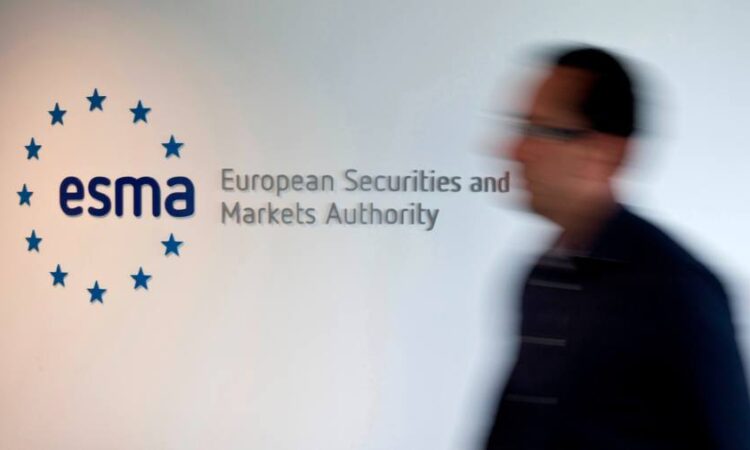
French and German banks are facing a 500-fold increase in capital requirements for trades in India from May after the European markets watchdog said there were no talks with Indian counterparts to resolve a dispute between the two sides.
The punitive capital charges for European banks will come into effect when a permit that lets EU banks use Indian clearing houses to handle their securities and derivatives trades expires at the end of April.
Klaus Löber, chair of the clearing counterparty supervisory committee at the European Securities and Markets Authority, told the Financial Times that “we currently have no active ongoing negotiations” with Indian regulators to help extend the permit.
He added there would be “no further prolongation” of a regulatory fudge from national EU regulators that gives the banks an extra 18 months to depart the booming Asian market, but warned it would come with vast additional costs.
Esma’s hardline stance over the deadline marks a further breakdown in the consensus built between global regulators after the 2008 financial crisis over joint oversight of important market institutions. International policymakers had expected Esma and India to resolve their differences because clearing was regarded as one of the pillars of the stability of global financial markets.
Indian authorities have been unwilling to sign a revised regulatory deal that would give the Paris-based agency more direct oversight of six Indian clearing houses. A clearing house stands between two parties in a trade, insulating the market from contagion if there is a default.
As the market prepared for the split, French and German national regulators said they would “not prioritise enforcement action” against their banks for 18 months from May, to prevent a chaotic disbandment of their operations in India.
But after the permit expires European banks using unrecognised Indian clearing houses face a sharp increase in capital requirements, from the current level of 2 per cent of the bank’s trade exposure to the clearing house, to 1,250 per cent.
Löber described the capital charges as “quite penal”. “That itself will be a huge incentive for banks to sort out the situation as soon as possible,” he said.
India’s stock and government bond markets are valued at about $3tn and $1tn respectively, and trading in currency and stock index futures makes its derivatives market among the most active in the world.
European banks and market lobby groups have warned they would have to withdraw or create new legal structures that would enable them to continue trading, which they say would be more costly than their current operations. Société Générale and BNP Paribas did not comment while Deutsche Bank and Crédit Agricole did not respond to requests for comment.
The situation does not disadvantage other EU countries because German and French banks are the only EU banks who are active in the Indian markets.
“It is clearly understood that this is a last step to allow those banks to act, it is not a set-up that would allow continued further prolongations,” Löber said.
“We have a clearly defined situation with a limited time window and subject to verifiable actions to be taken by the banks concerned,” Löber said. Esma recognised “the potential of disruption that it would mean not just for banks but for their clients” if there was a sudden cessation of services, he added.
Löber said that Indian clearing houses would be free to apply again for recognition from Esma at any point in the future. However “we currently have no active ongoing negotiations on an MoU [Memorandum of Understanding] that would be required as a precondition to a recognition,” he said.
The MoU that was rejected by the Indian authorities has been signed by 25 other regulatory authorities, Esma said.





